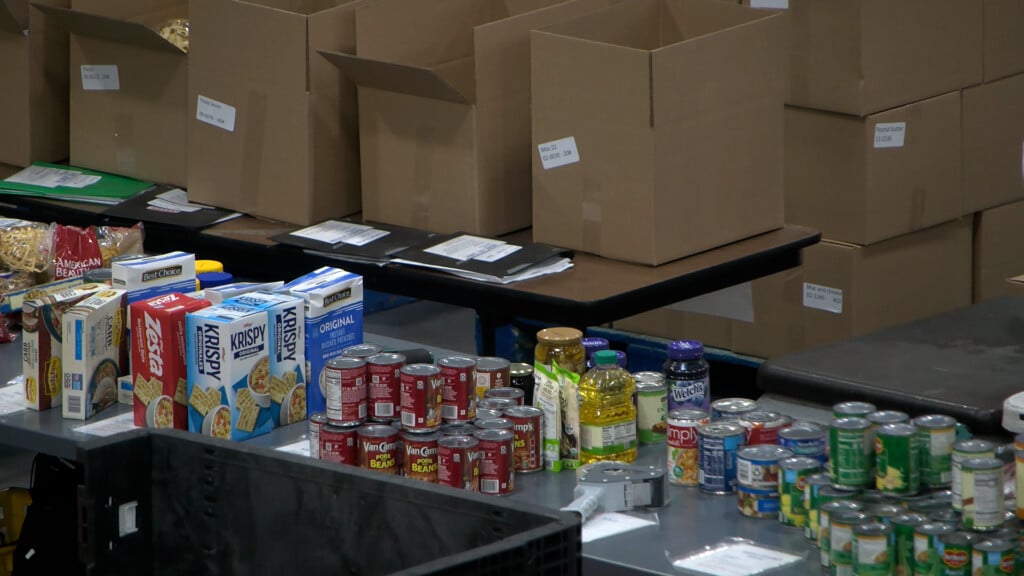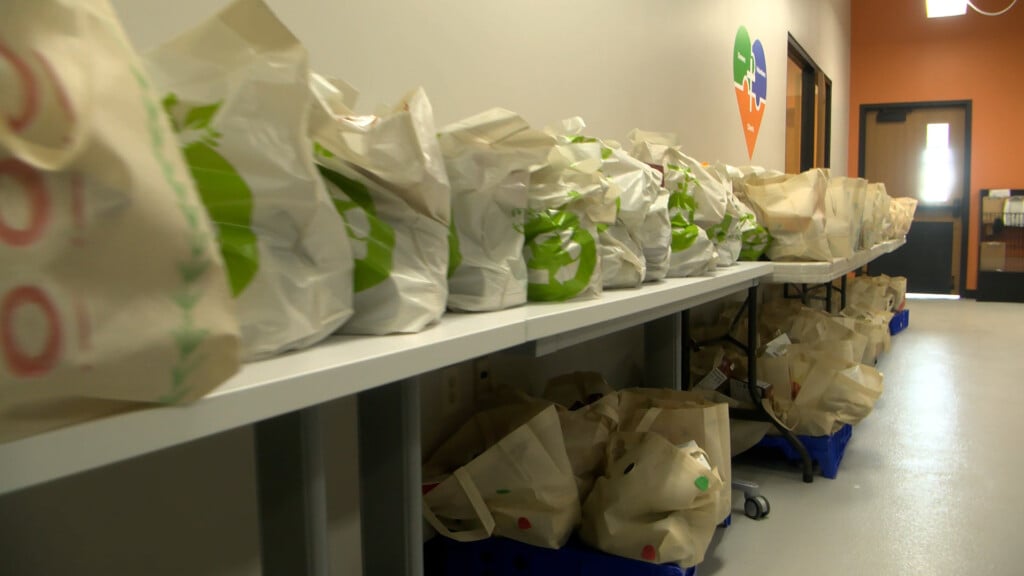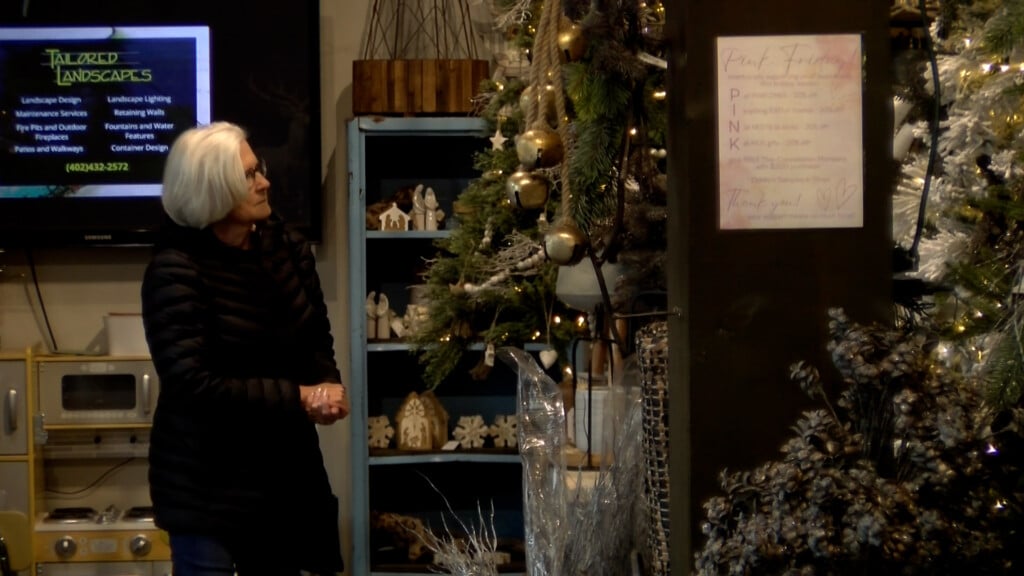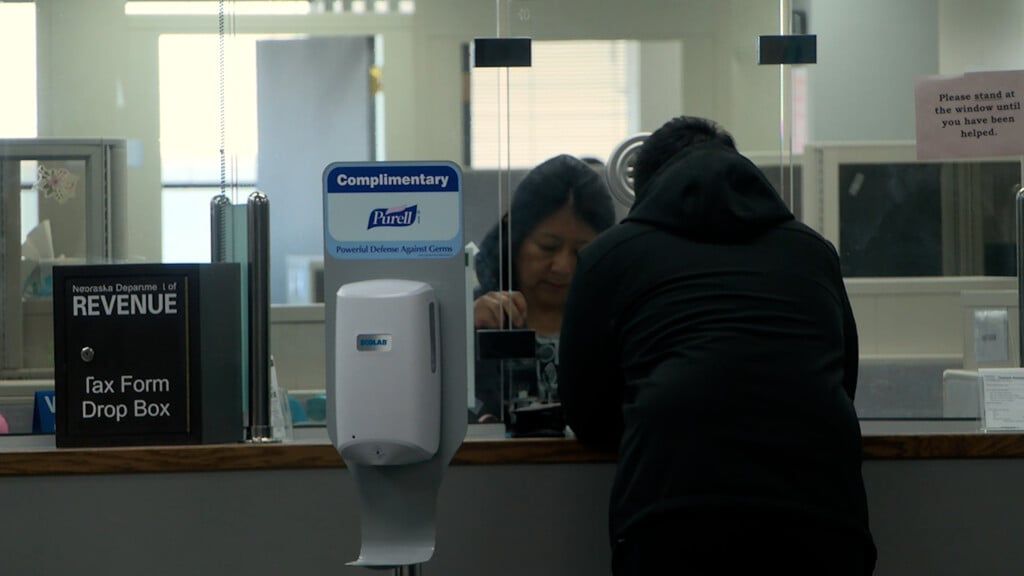‘Your Wallet’: How to start building an emergency fund
LINCOLN, Neb. (KLKN) — When emergencies happen, it can be hard to figure out how to pay unexpected costs.
“Whether it’s a transmission that goes out on your vehicle or a hot water heater kicks the bucket,” said Tim Kulhanek with Stonebridge Insurance and Wealth Management. “I mean look at what happened in 2020. There’s a global pandemic, and all of a sudden, people are being laid off.”
That is why financial advisers recommend having money set aside for emergencies.
SEE ALSO: ‘Your Wallet’: Nebraska family vacations with a low price tag
But how much do you need? That depends.
“Let’s shoot for a goal of a $1,000,” Kulhanek said. “Once we get our debts paid off, except for a mortgage, that’s when we’re going to shoot for three to six months of expenses.”
If you’re tight on cash to allocate to an emergency fund, experts recommend reviewing your budget to determine if there’s an area where you can cut costs.
“Anywhere from a third to half of Americans wouldn’t be able to cover even like a $400 unexpected expense in between paychecks,” Kulhanek said.
SEE ALSO: ‘Your Wallet’: Planning is key to retiring comfortably
Experts said it’s best to keep this money in a savings account that you can access without withdrawal penalties.
“Opening an emergency fund, it’s recommended or preferred to be separate,” said Susan Twiehaus with Security First Bank. “A lot of people start with a savings account. It’s a good option because you can earn interest on that account.”
You can open one at any bank in your community.
You can also talk to a financial adviser if you need help to start an emergency fund.



